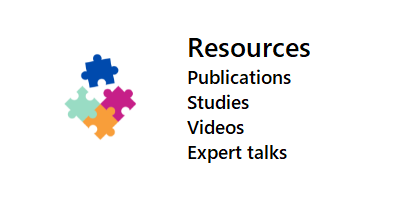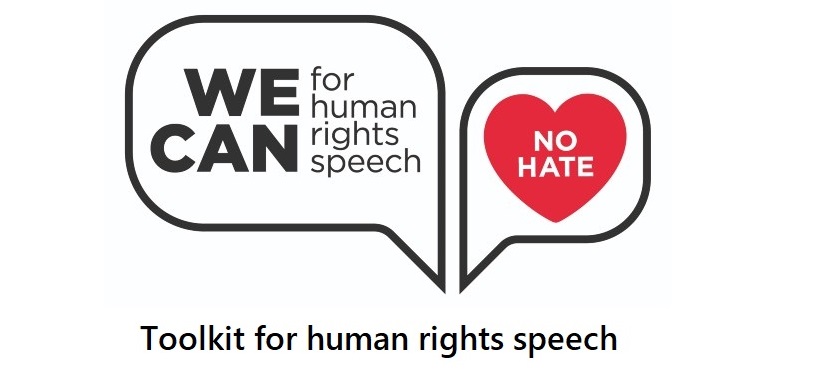Recording and reporting hate crime, discrimination and hate speech remain an important priority for public authorities, the Ombudsoffice and civil society in Ukraine. Disaggregated data collection is a central consideration in the process of monitoring the implementation of national legislation concerning equality.
The regional Partnership for Good Governance II project “Strengthening access to justice for victims of discrimination, hate crime and hate speech in Eastern Partnership countries” will support national entities through expertise, training and support to awareness-raising in 2020 and 2021. These activities will also support the implementation of the latest European Commission against Racism and Intolerance (ECRI) monitoring report on Ukraine, which contains recommendations on improving the data collection system.
Following two working meetings in 2019 and March 2020, the project produced a report with recommendations and an analysis of the current data collection.
A similar methodology will be proposed in two other countries of the project, namely Republic of Moldova and Armenia. Through this type of activities, the PGG II project “Strengthening access to justice through non-judiciary redress mechanisms for victims of discrimination, hate crime and hate speech in Eastern Partnership countries” aims to improve the application of anti-discrimination legislation and its monitoring and to build public awareness among the general public and vulnerable communities of existing redress mechanisms to discrimination, hate speech and hate crime.
The Partnership for Good Governance II is funded by the European Union and the Council of Europe; and implemented by the Council of Europe.






